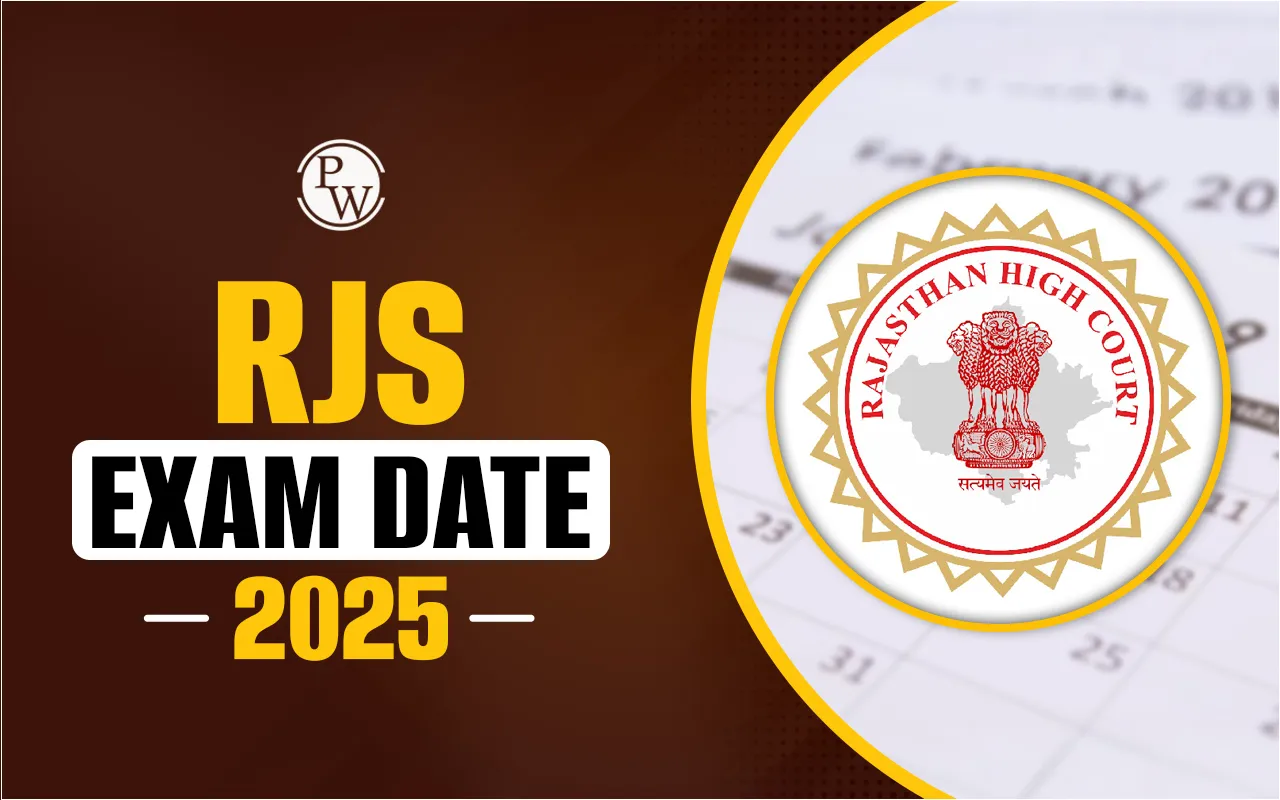
Judiciary Exams Preparation at Beginner Level requires a strategic and well-structured approach to ensure success. Aspiring judicial officers must focus on understanding the legal framework, improving their writing and analytical skills, and maintaining consistency in their preparation. The judicial services examination is conducted by various states in India to recruit Civil Judges and Judicial Magistrates. Judiciary Exams Preparation at Beginner Level guide covers syllabus, essential books, study strategies, and time management techniques.
The judicial services examination is divided into three stages:
Candidates should familiarize themselves with the syllabus, which generally includes Constitutional Law, Civil Law, Criminal Law, Procedural Laws, General Knowledge, and Language proficiency. The Judiciary Exams Preparation at Beginner Level must be structured to cover each stage effectively.
| Judiciary Examination 2025 Overview | |
| Aspect | Details |
| Exam Name | Judiciary Services Examination 2025 |
| Conducting Body | State Public Service Commission/High Court |
| Post Name | Civil Judge (Junior Division) |
| Exam Level | State-Level |
| Eligibility |
|
| Selection Process | 1. Preliminary Exam (Objective)2. Mains Exam (Descriptive)3. Interview (Viva-Voce) |
| Exam Mode | Offline (Pen & Paper) |
| Subjects Covered |
|
| Application Process | Online through the official state website |
| Application Fee | Varies by state and category |
| Admit Card Release | A few weeks before the exam |
| Exam Duration |
|
| Negative Marking | Only in some states (applicable in Prelims) |
| Official Website | Respective state PSC/High Court website |
Before start discussing the strategy for Judiciary Exams Preparation at Beginner Level, it is necessary to understand the structure of the exam. The judiciary exam typically consists of three stages:
The Judiciary exam syllabus varies from state to state but generally includes major laws like the Indian Penal Code (IPC), Code of Criminal Procedure (CrPC), Code of Civil Procedure (CPC), Indian Evidence Act, Constitution of India, and other local and minor laws.
A well-structured study plan is crucial for Judiciary Exams Preparation at Beginner Level. Below is a suggested plan:
For Judiciary Exams Preparation at Beginner Level, the best approach for the aspirants is to begin with the Constitution of India and the Code of Civil Procedure (CPC). These are fundamental laws and form the basis of most legal topics. Here’s a structured approach:
A well-structured timetable for judiciary preparation is essential to maintain consistency and cover the entire syllabus effectively.
| Sample Study Plan for Beginners | |
| Time Slot | Task |
| 6:00 AM – 7:30 AM | Constitutional Law |
| 7:30 AM – 8:30 AM | Short Break & Revision |
| 8:30 AM – 10:00 AM | Procedural Laws (CPC/CrPC) |
| 10:00 AM – 1:00 PM | Practice Answer Writing |
| 2:00 PM – 4:00 PM | Substantive Laws (IPC/Evidence Act) |
| 5:00 PM – 7:00 PM | Local Laws & Judgment Writing |
| 8:00 PM – 10:00 PM | MCQs & Case Laws |
Make sure to include revision sessions every week to retain what you have studied.
Effective time management is essential for Judiciary Exams Preparation at Beginner Level. Here are some strategies:
Choosing the right Judiciary Preparation material plays an essential role in success. Aspirants must refer to standard legal books to build a strong conceptual foundation. The following books are highly recommended for Judiciary Exams Preparation at Beginner Level:
| Judiciary Preparation Material | |
| Subject | Recommended Books |
| Constitutional Law | M.P. Jain, V.N. Shukla’s Constitution of India |
| Indian Penal Code (IPC) | Ratanlal & Dhirajlal, K.D. Gaur |
| Criminal Procedure Code (CrPC) | R.V. Kelkar, Ratanlal & Dhirajlal |
| Civil Procedure Code (CPC) | C.K. Takwani, Mulla’s CPC |
| Indian Evidence Act | Batuk Lal, Avtar Singh |
| Contract Law | Avtar Singh, R.K. Bangia |
| Torts Law | R.K. Bangia, Winfield & Jolowicz |
| General Knowledge | Lucent’s General Knowledge, Manorama Yearbook |
| Language & Essay Writing | Wren & Martin, A.P. Bhardwaj’s Essay Writing Guide |
Using these books effectively will strengthen conceptual clarity and enhance writing skills, which are essential for Judiciary Exams Preparation at Beginner Level.
Judiciary aspirants must stay updated with recent legal developments, amendments, and landmark judgments. Reading newspapers like The Hindu and The Indian Express regularly is beneficial. Legal journals and online resources like LiveLaw and Bar & Bench provide insights into contemporary legal issues.
To clear judiciary exams in one attempt, follow these essential tips:
Explore the Judiciary Coaching 2025 to access essential resources for Judiciary exam preparation, including detailed insights and strategies. Dive into the Judiciary 2025 for structured courses and focused study plans designed to help aspirants excel in their exams.
